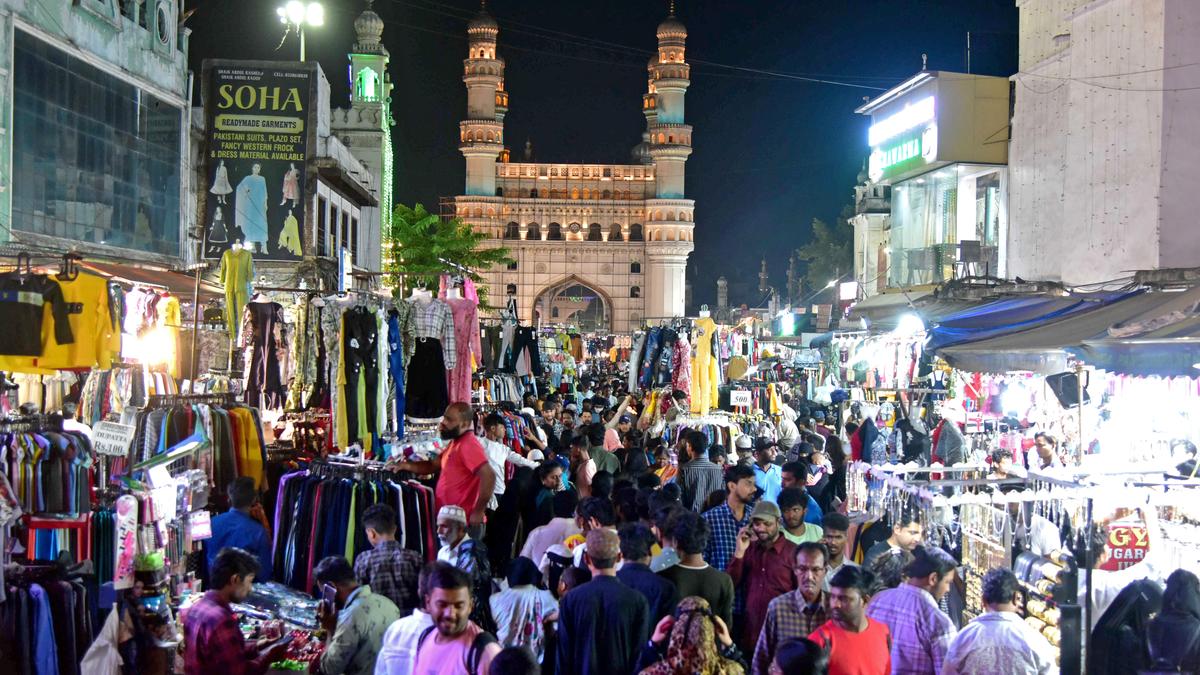
Andhra Pradesh, a State without a capital yet Premium
The Hindu
Just days before the deadline of June 2, 2024, the day when Hyderabad will cease to be the joint capital of Telangana and Andhra Pradesh, the political class in residual Andhra Pradesh maintains a stoic silence on the issue of choosing a capital.
Just days before the deadline of June 2, 2024, the day when Hyderabad will cease to be the joint capital of Telangana and Andhra Pradesh, the political class in residual Andhra Pradesh maintains a stoic silence on the issue of choosing a capital.
As per Section 5 of the Andhra Pradesh Reorganisation Act, 2014, Hyderabad will be the common capital of Telangana and Andhra Pradesh for a period not exceeding 10 years with effect from June 2, 2014, the official date of the bifurcation of the combined State. The 10-year window period was given to the residual State of Andhra Pradesh to build its own capital. But Andhra Pradesh continues to be where it had started. The tragedy is that the presidents of the incumbent YSR Congress Party (YSRCP) and the Opposition Telugu Desam Party (TDP) have been pulling in different directions on the issue.
The first five years post bifurcation were marked by hullabaloo over a “world class futuristic and smart capital” at Amaravati for Andhra Pradesh. This was generated by N. Chandrababu Naidu, who was Chief Minister then. To build a “people’s capital”, estimated at ₹51,000 crore in 2015, Mr. Naidu acquired 33,000 acres of land from farmers through land-pooling and promised to make them a partner in the capital development plan. He roped in Singapore-based firms and paid them thousands of crores to build the project. He also pooled ₹7,500 crore from the Housing and Urban Development Corporation, a couple of hundred crores from the World Bank, and ₹1,500 crore from the Union government.
But in the 2019 elections, Y. S. Jagan Mohan Reddy’s YSRCP came to power. The new Chief Minister stalled all the projects and slashed the budget of the new capital to ₹500 crore. This resulted in the withdrawal of the World Bank and the Singapore firms from the project. Amaravati now looks like a ghost capital.
Meanwhile, Mr. Jagan Mohan Reddy’s plan to decentralise development by establishing three capitals in the State has run into legal issues; the case is pending in the Supreme Court.
The people of the State blame both the Chief Ministers for being insensitive to their emotions and problems in the last 10 years. They also accuse the Congress of letting them down by implementing the bifurcation process in the most unscientific manner. It brings to their mind grim memories of the bifurcation Bill being passed without any discussions in Parliament, the mics in the Lok Sabha being switched off, the live telecast of the proceedings being stopped, and members opposing the Bill being forced out of the House by the marshals. The people feel that development in the State has taken a back seat even as leaders indulge in vendetta politics.
Though Hyderabad was declared the joint capital of Andhra Pradesh for 10 years, Mr. Naidu operated from there only for a year before moving to Vijayawada. Many people attribute his hurried shifting to his fear of an imminent arrest in the cash-for-vote scam that broke out in 2015. Some political experts feel that Hyderabad would have probably become Andhra Pradesh’s permanent capital, much like how Chandigarh is the capital of Punjab and Haryana, if Mr. Naidu had stayed in the city for 10 years.

The Karnataka government has drafted a comprehensive master plan for the integrated development of Kukke Subrahmanya temple, the State’s highest revenue-generating temple managed by the Hindu Religious Institutions and Charitable Endowments Department. The redevelopment initiative is estimated to cost around ₹254 crore and aims to enhance infrastructure and facilities for devotees.












